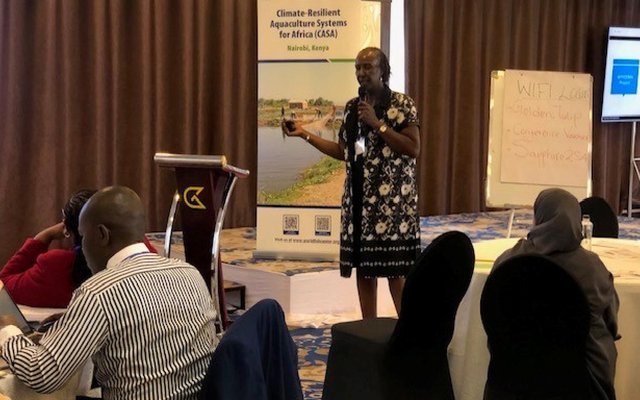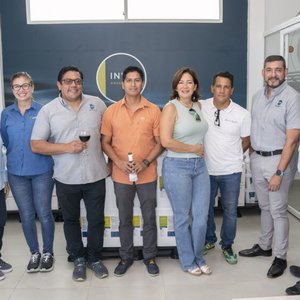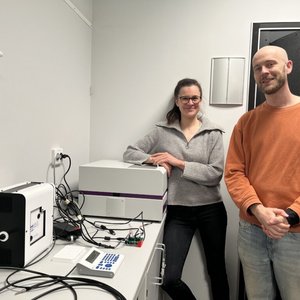A five-year project is seeking to unlock aquaculture’s potential in Kenya to create jobs and incomes, especially for women and youth and tackle malnutrition. The project, Climate-Resilient Aquaculture (CASA), funded by the Gates Foundation and Qatar Fund for Development, will harness the immense potential for growth of the aquaculture sector in Kenya with its vast coastline, lakes, rivers and wetlands.
CASA is anchored around the introduction and greater access for farmers to improved strains of tilapia, Genetically Improved Farmed Tilapia (GIFT), WorldFish’s innovation that will increase productivity and profitability and strengthen value chains around it. The outcomes will boost jobs and income creation for feed retailers, providers of cold storage, processors, and fish food sellers and traders and build climate resilience for communities. These interventions will be delivered along with capacity building, bridging policy gaps and the piloting of financial products and services—all key to creating an amenable market environment for a thriving fish-based economy.
Through these interventions, the project aims to improve the livelihoods of 5,000 farmers and processors, at least half of them women and youth. It also aims to create 6,000 new jobs and benefit 5 million consumers by improving access to safe and affordable, nutritious fish and fish products.
“The project is ambitious in its projected impact and WorldFish cannot do this alone. The project will largely rely on partners to enable that,” said Rodrigue Yossa, director of Aquatic Food Biosciences at WorldFish, speaking to a group of implementation partners and value chain stakeholders, such as fish famers, feed retailers, fish traders, and providers of storage and processing, gathered at CASA’s launch.
Some of the main partners of the project include Farm Africa, AWFISHNET to work with women, Mediae Company to produce Shamba Shape-Up educational TV episodes, Jaweta Fish Farms to produce quality GIFT seed at scale and Kenyan Marine and Fisheries Research Institute (KMFRI) for work on data, policy and aquaculture planning for the country.
Speaking about the opportunity in CASA, George Okoth, director of Fisheries and Aquaculture in Homa Bay, said that “in Homa Bay, poverty is at 48%, which is typical of rural Kenya. One of the ways to fight poverty is fish farming. In Homa Bay, we create a conducive environment by providing the right policies anchored in our manifesto.”
Home County, one of the five targeted counties for CASA implementation, is Kenya’s largest fish-producing county and home to large and diverse water bodies needed for a thriving aquaculture sector. For Josephat Nyongesa, CASA project lead, the project could play a larger role not just in Kenya but Africa. Giving an overview of the project partners and its interventions along the full value chain, he said that “the partners and approaches are embedded in the project to ensure sustainability, and to develop a viable framework for the long-term development of the critical aquaculture value chains in the country.”













